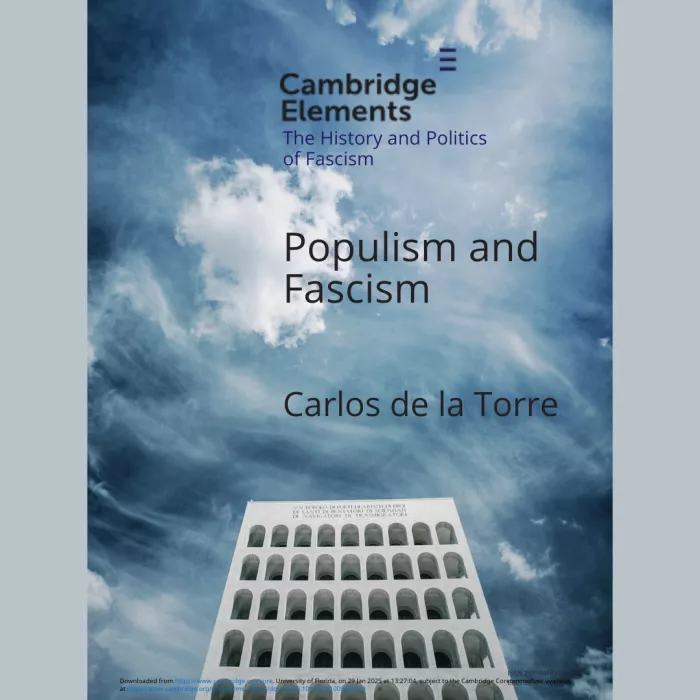
Defining and Explaining Fascism and Populism

Abstract
The elections of Donald Trump and Jair Bolsonaro, as well as the strengthening of the radical right globally, brought back debates about the similarities and differences between populism and fascism. In this seminar we will discuss from a theoretical and empirical perspective the similarities and differences between fascism and populism. Both are similar insofar as they construct the people as one, understand leadership as embodiment, and perform politics of the extraordinary. They are different because there is a consensus that fascism occurred at a particular historical moment, and what came after was postfascism. There is not such an agreement to restrict populism to a historical moment. These isms also differ in the use of violence to deal with enemies, and in how they construct their legitimacy using elections or abolishing democracy. Whereas fascism destroys democracy and replaces elections with plebiscitary acclamation, populists promise to give power back to the people. Yet, when in power, the logic of populism leads to democratic erosion.
Open to the public upon registration at stefano.palestini@unitn.it